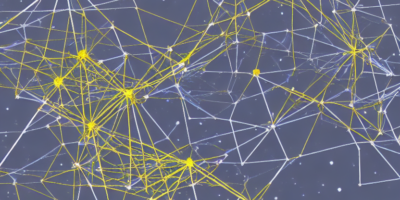In this article, we present a new method called Meta-SELD that enables sound event localization and detection systems to adapt quickly to new environments. The system uses a technique called meta-learning, which allows it to learn from multiple tasks and environments, and generalize well to new situations. This is particularly useful when dealing with limited training data, as the system can learn to recognize new events in a short amount of time.
The Core Idea
Meta-SELD works by using a selective memory approach that learns to forget the common parameters shared across multiple tasks and environments. This allows the system to focus on learning the unique aspects of each task and environment, leading to better adaptation. The key idea is to use meta-learning to learn a general-purpose learning algorithm that can adapt to new tasks and environments efficiently.
How It Works
Meta-SELD consists of three main components: an attenuation network hΦ, a task-distribution view, and a selective memory approach. The attenuation network is used to reduce the impact of shared parameters on the model, while the task-distribution view provides a way to compare tasks and environments. Finally, the selective memory approach learns to forget the common parameters and focuses on learning the unique aspects of each task and environment.
Advantages
The main advantage of Meta-SELD is its ability to adapt quickly to new environments with limited training data. This is particularly useful in real-world scenarios where the system may encounter new events or conditions that it has not seen before. Additionally, the selective memory approach allows the system to learn from multiple tasks and environments, leading to better generalization.
Conclusion
In summary, Meta-SELD is a powerful method for sound event localization and detection systems that enables fast adaptation to new environments with limited training data. By using meta-learning and a selective memory approach, the system can learn to recognize new events quickly and accurately. With its ability to adapt to new situations efficiently, Meta-SELD has the potential to significantly improve the performance of sound event localization and detection systems in real-world applications.



